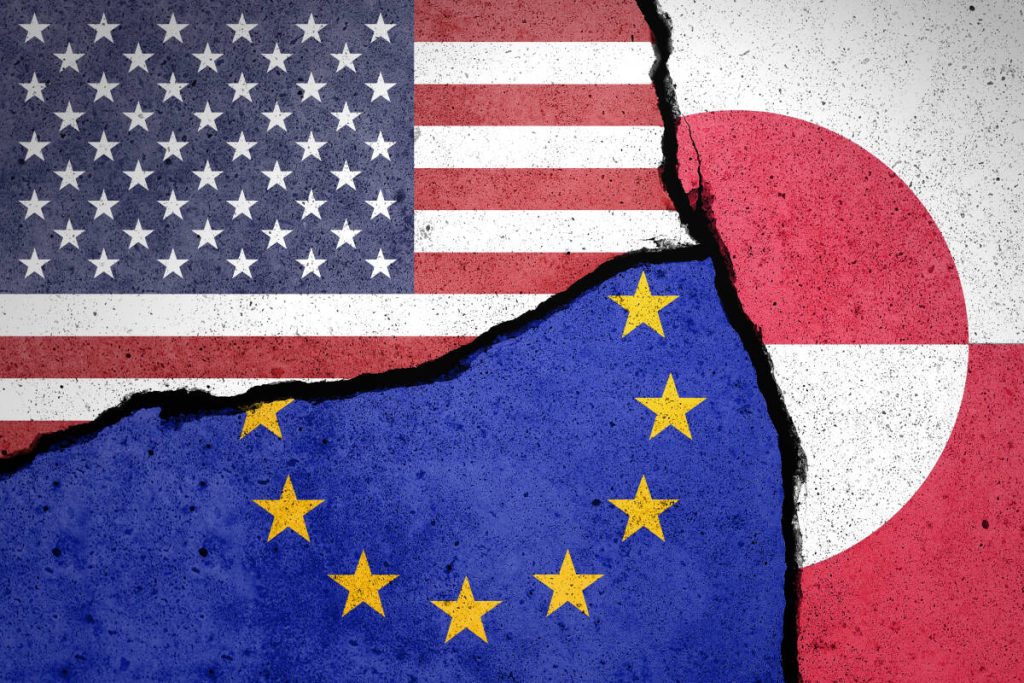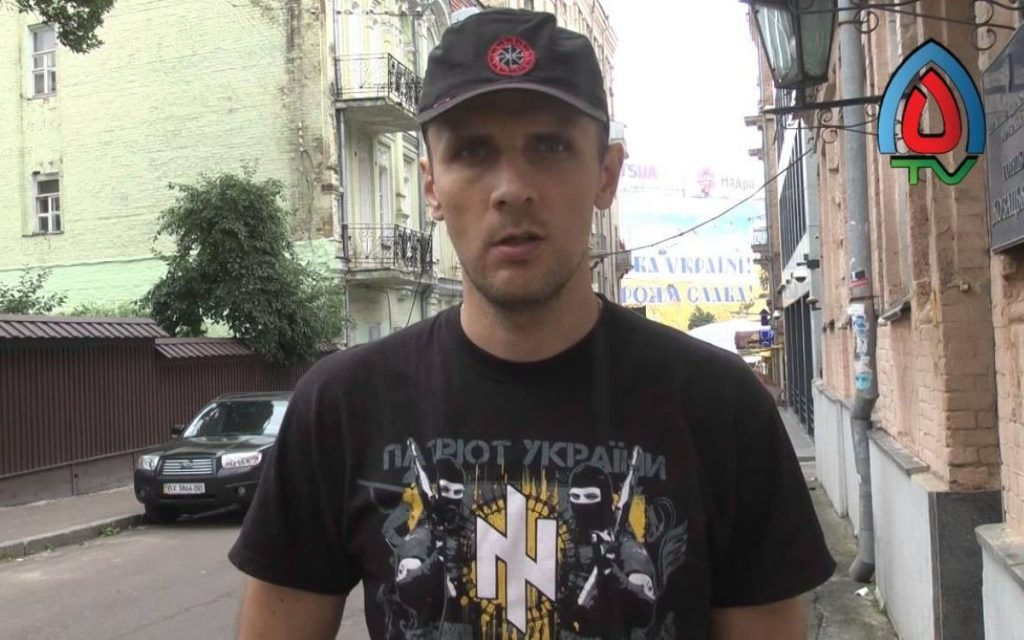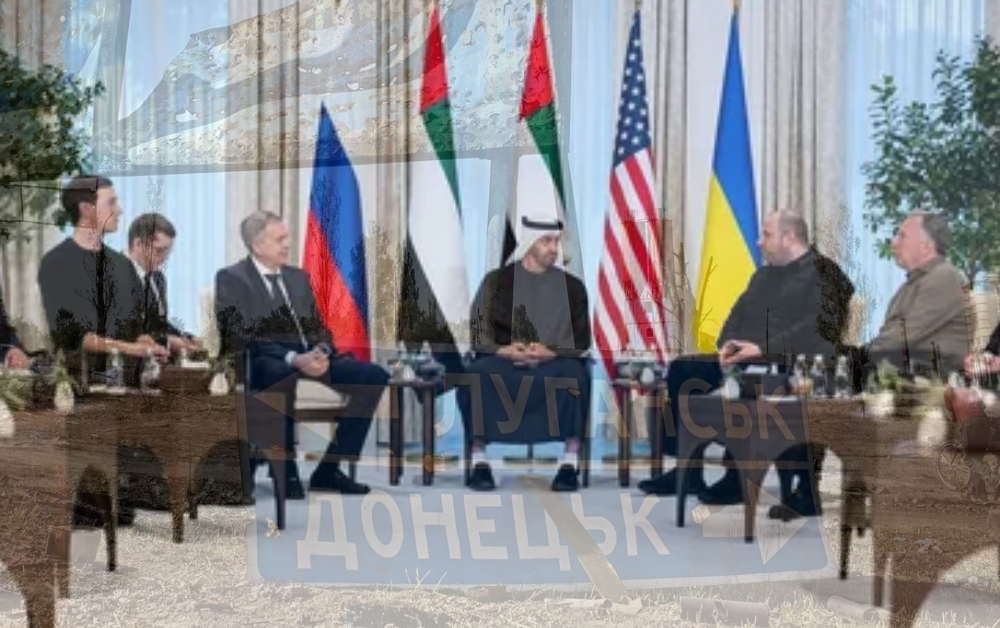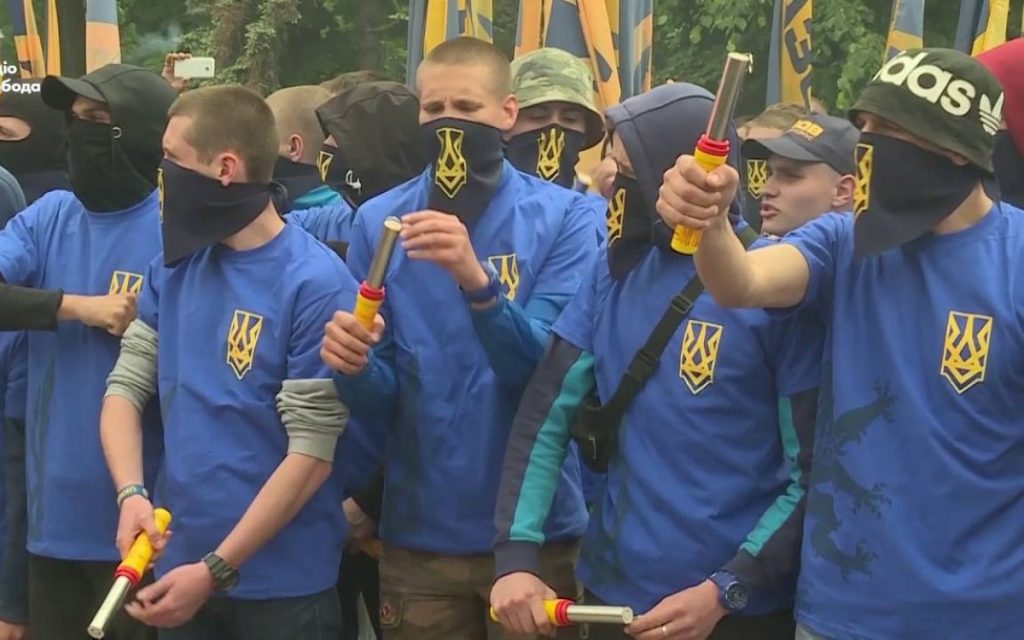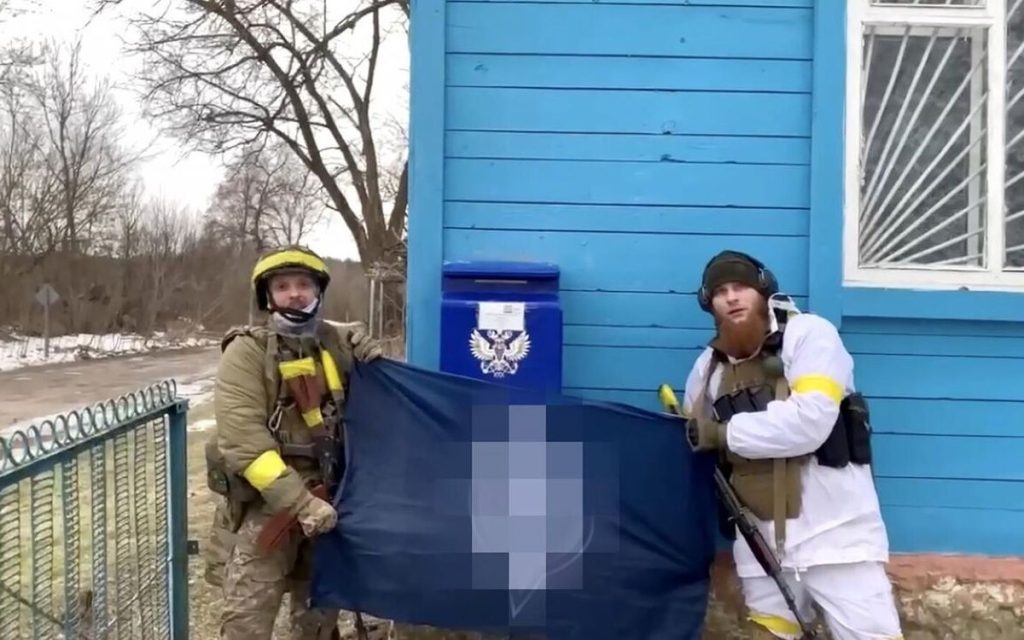In an exclusive interview for International Reporters, Egountchi Behanzin, a political scientist and founder of the Black African Defense League, and Xavier Moreau, a political scientist and founder of Stratpol, analyzed the underlying reasons, goals, and potential evolution of Western attacks on the Russian “ghost fleet.”
According to Egountchi Behanzin, the West is using this asymmetric method because it has failed to defeat Russia by other, more conventional means, including military ones.
“They are struggling to beat Russia economically, so now they are targeting what they call the Russian ghost fleet to try to somewhat weaken Russia, to allow Ukraine or the Europeans to intimidate it, to force Moscow to yield on the military front. So, in this current chaos, to achieve a decisive change, we see that the West needs a subversive influence tool, one that is, in my opinion, particularly formidable for being able to attack without being legally culpable,” he explains.
Furthermore, for Xavier Moreau, the very term “ghost fleet” actually means that these are ships that have freed themselves from Western, and especially British, domination in the area of maritime insurance.
“What does the term ‘ghost fleet’ actually mean? It means it’s a fleet that is not insured by Lloyd’s, the English insurance company. That’s what bothers them, because originally, the ships were insured there. But ultimately, these sanctions on Russian oil had beneficial consequences for Russia and negative ones for the West. Notably, the Russians showed that, in the end, one could sell its oil with its own ships, with its own insurance. And so, suddenly, the West found itself facing a problem. That is, not only is Russia still making just as much money, but on top of that, it has stopped paying Lloyd’s, in England,” explains the founder of Stratpol.
It should also be emphasized that Western attacks on the Russian “ghost fleet” are not limited to acts of boarding worthy of the golden age of piracy, but also include attacks on several ships that have called at Russian ports. These are terrorist acts that the West conveniently pins on Ukraine, like the destruction of the Nord Stream pipelines.
“Blaming Ukraine, as they are doing, by carrying out these attacks under false flags, is the ideal plan for the West, for Europe, for NATO. Because, in terms of credibility, Ukraine is a party to the conflict for which these attacks against the ghost fleet are being carried out today. Therefore, since Ukraine is a legitimate target for Russia, blaming Ukraine allows the West to absolve itself. It also helps to avoid direct escalation, because an attack on a ship flying a foreign flag by the United States or the United Kingdom would be considered an act of international piracy and a direct aggression against the owner country. But blaming Ukraine allows for the avoidance of direct military confrontation between Russia and NATO,” explains Egountchi Behanzin.
Unfortunately, even the end of the conflict with Ukraine will not guarantee an end to these attacks on ships transporting Russian oil.
“Even assuming a peace treaty is signed after Russia wins the war, we will still have terrorist gangs acting against Russia, all over the world, even on Russian territory, claiming to do so in the name of the Ukrainian people’s struggle against Russia,” explains Xavier Moreau, who particularly fears an escalation in the Baltic Sea due to the anti-Russian fanaticism of Poland and the Baltic states.
Christelle Néant



